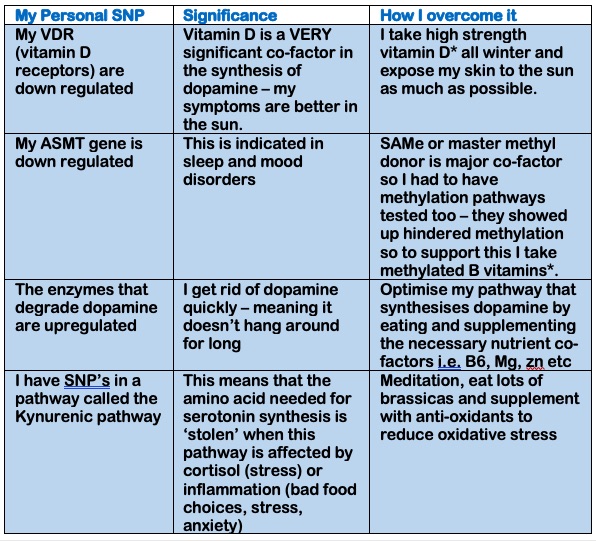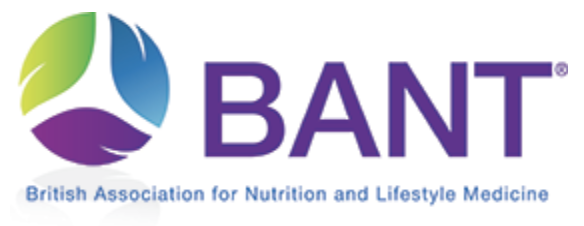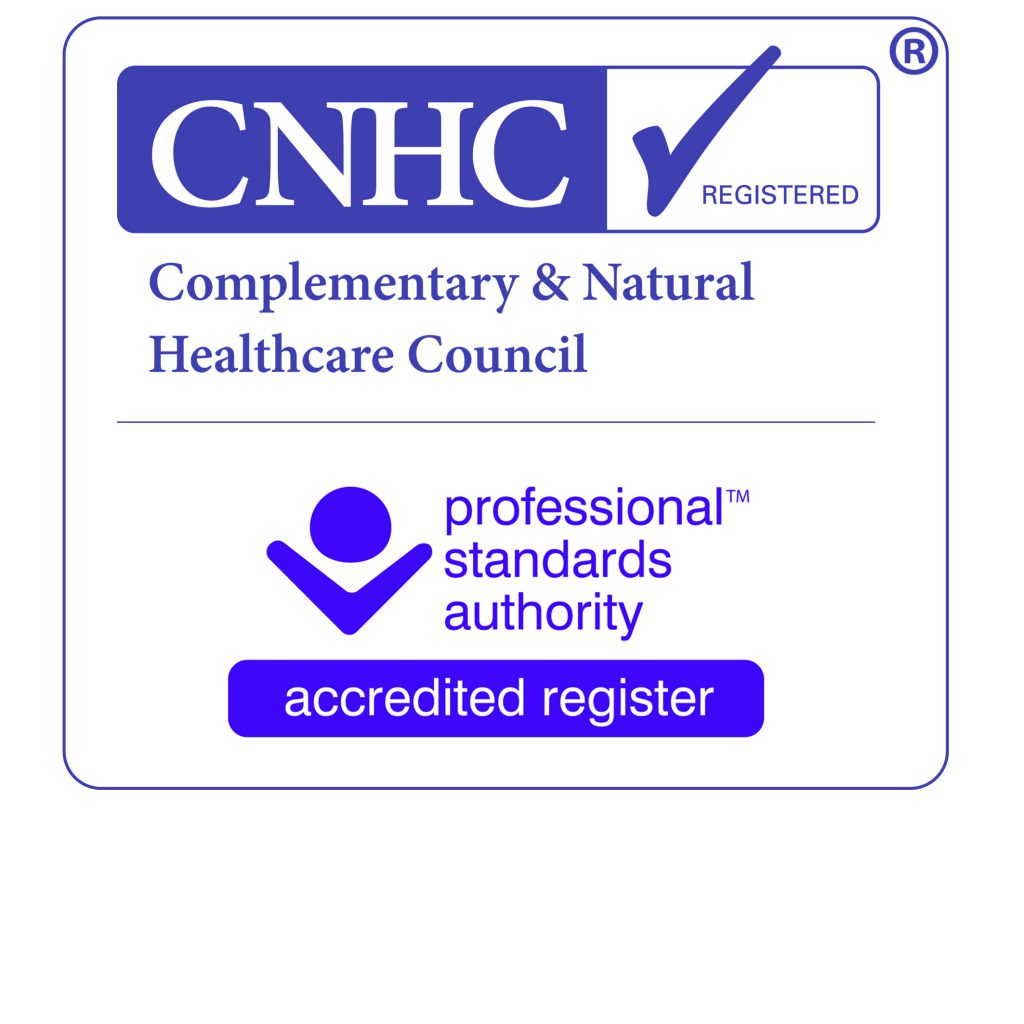
This is my story. My personal ADHD journey. How I inadvertently found, and what I have learnt about ‘the natural approach’ to treating my symptoms. Where do I start? At the beginning I guess. (Buckle up readers, I have a story to tell you.)
Firstly, I have ADHD, as does my son. I found out by accident 3 years ago, when I was 42.
It may surprise you to know that I had worked twenty years as a teacher, for ten years in Special Education, and I had the classic ‘stereotypical’ view of what ADHD actually is – hyperactivity right?
I have always had an uncanny knack of being able to ‘read’ children and raise their self-esteem. Little did I know I was probably helping many kids with undiagnosed ADHD because I just ‘got them’. I guess I am able to ‘intuit’ my own desire for acceptance and love and nurture the hell out of it.
It would also explain why I have always felt that I could ‘feel’ my son’s feelings in certain situations that were hard for him. I knew we had an unfathomable connection but just put it down to mother/son bond.
I became frustrated with the education system. I felt so strongly that the testing, increased expectations and generic curriculum was all wrong. What about individuality, creativity and vocation? Loads of kids ‘need’ that. Why should they be made to feel like failures because they don’t ‘fit the system’? I mean my son was able to control a digger (competently) at 3, rode a two wheeled scooter at 2, dug up my garden pretty much most of the time and had his own axe at 4 (for the specific purpose of helping his Daddy chop wood I didn’t raise an axe murderer). Am I the only one who thinks these achievements are remarkable? And yes he still has all his limbs!!!!
ADHD at School
I had become interested in nutrition and its impact on behaviour and mood, so I left teaching to embark on a 3 year qualification in nutritional science. At this point I still had NO IDEA about what it would lead to for me.
I was always striving for perfection. I wanted to look great, feel great, be at peak performance. I wanted, and needed everyone to love me, but along with the perfectionism came self-deprecation, insecurity, a scattered mind, depressive episodes that I couldn’t explain, a need for control and an extremely busy brain. I was dumbfounded when my husband told me he didn’t have a ‘constant’ inner dialogue that fired off in a million directions all the time. Surely that was normal???
The course was great. I mean writing scientifically at masters level in my third year nearly finished me off and led to a mini breakdown. Failing an assignment in year two following 70%+ scores up until then left me feeling like I had failed. I felt like an imposter pretty much for the whole three years, but I did it and passed with distinction.
ADHD, Nutrition and Supplements
The funny thing is, I became known as the student who ‘shouted out’, and who asked ‘so many questions’. I think I spotted a fair few eye rolls in my class, let me tell you. I would also buy every supplement mentioned in lectures before the lecture had even finished, convinced it was the answer to ALL my problems. My supplement cupboard is to die for.
The truth is, I always ‘knew’ I was different. Sensitive, overly emotional, quick to anger, full of shame and guilt, impulsive, always somehow turning conversations back to me. I’m tall, reasonably attractive (so I have been told), slim, clever and appear extremely confident. This is all down to some badass acting. Inside I just felt like an insecure child craving love and acceptance (still do at times).
I’m almost there I promise…
At this point, I still just thought I was overly sensitive and kept on plodding through life, determined to overcome my demons and be successful at everything I did. It was when my son’s school start talking about ADHD (again) that I started to research. I read paper after paper, book after book (many of them aren’t quite completed but that’s standard).
The truth hit me like a ton of bricks…wham!!!!!
It’s genetic! The signs, the symptoms, the ADHD diagnostic checklist.
I was still in denial (after all that would make me faulty right???).
Functional Testing Clues
So, I decided to take a look at some previous functional testing I had undertaken. Did I fail to mention that I impulsively tested the shit out of myself throughout my course too, spending hundreds of pounds? Money well spent as it turns out!!!!
This is what my tests showed:
- Adrenal stress function – matched an ADHD profile – high cortisol am and late pm
- Toxicity – heavy metals high in places, suggesting a compromised detoxification system
- Mineral levels – many on the floor including lithium, iron and magnesium
- Vitamin levels – many out of reference range
- Gut – yeast overgrowth and slight dysbiosis
- Genetic results – I’ll be honest, I wasn’t confident at the time, reading these so I finally trotted off to see an integrative psychiatrist, armed with my test results and my life history.
THAT is when I found out 100%, and that is when I really delved beneath the biochemical surface of ADHD, becoming somewhat obsessed with the many contributing factors.

Personal Results
Sadly, not everything I have learned about myself is transferable generically as each individuals’ pathways and biochemistry are different.
Therefore, I shan’t go into specifics because, if you guys are anything like me (which you probably are), you’ll be online impulsively ordering everything I mention, within minutes.
PLEASE NOTE: Without a full case history this could prove detrimental rather than helpful.
Armed with this genetic picture of myself, I was able to decipher many personal patterns and behaviours, and slowly but surely work to modify some of them.
Let me offer up some examples from my own testing so that you can see what I was able to find out about myself. But first let me define what we’ll be looking at – SNPs:
- An SNP is a single nucleotide polymorphisms [Every time I say single nucleotide polymorphisms it makes me feel sooo damn clever mostly because it is one term I can actually remember every time]. In layman’s terms, an SNP is a mutation in your genome that may up or down regulate a particular pathway. It serves as an indicator and informs action you can take.
I will not bog you down with the science, but just tell you about a few of my genetic SNPs.
Remember everyone’s SNPs are different.

*DO NOT take high dose vitamin D without prior testing or a practitioner’s supervision
*DO NOT take methylated vitamins without professional supervision
There is so much more to tell as I uncovered so much through testing. This is really just an example to offer an insight into the process. It really is a case of unravelling your own biochemical mystery and it is a process.
Epigenetics is to influence the way your genes are expressed through the modification of things such as nutrition, stress, toxicity and in my opinion, man does it work.
So, for me, testing and delving to find the root cause of the problem really assisted in ‘managing’ ADHD symptomology.
About Emma Tellett
Emma Tellett is a naturopathic nutritional therapist, functional medicine practitioner and fully qualified teacher. She specialises in mental health, Autism and ADHD.
If you would like any further information go to emmatellett.co.uk


The information and other content provided in this blog, or in any linked materials, are not intended and should not be construed as medical advice, nor is the information a substitute for professional medical expertise or treatment.
Interview With Emma
Rick Green, TotallyADD Founder
Transcript Rick Green Interview with Emma Tellett
Emma: Yes!
Rick: …veganism, neurotransmitters, and the co-factors and toxicity. But I’d like to know your story. And the difference it made as you started to change what you were eating, and how it started.
Emma: Interestingly, when my mum was dying, I was flagging and I actually went to see a homeopath. And I said, I’m lacking in energy. I don’t know what’s wrong with me.
He asked me about my whole life story, and he said you seem to be drained. I can see what it probably was now. I was emotionally drained.
He put me on B vitamins for my energy levels, and that seemed to help. So, I was initially interested in just the B cofactors, and then I started to do some testing. I looked at my adrenal profile. Still at this point I had no idea about the ADHD. But looking at the adrenal profile of an ADHD’er that fits perfectly. I started meditating and that seemed to make a difference as well.
It was only when I was at CNM (The College of Naturopathic Medicine, London) and I started to do some research for my son. When I was there, I was looking at more scientific, so I started to do some research on ADHD. I read some books, like Russ Barkley’s (Taking Charge of ADHD – Amazon) book and Gabor Mate (Scattered Minds – Amazon)…I read loads but most of them are half finished as you can probably imagine.
Rick: Yeah, but that’s fine. I always say that to people when they tell me – I never finished this book. Did you get good stuff out of it? Yeah. Well, you might pick it up again later. On fact the best ADHD books are the ones you can just open somewhere and go, oh yeah, and close it. And it takes you up a little bit each time.
Emma: 100%! So, I started doing the research, and then I started to think… Hang on a minute. This might be what it is. This might be what I’ve always wondered about all my life. I’ve always known I was a bit different; you know. I didn’t feel like I fitted in a box if you like. I didn’t feel like I fitted any label. But when I read everything about ADHD, everything resonated with me. The rejection sensitive dysphoria, the hyperactive mind.
I think I’m probably more inattentive in that my attention tends to go on the internal distractions rather than the external distractions. On the odd occasion, I’m a bit more hyperactive, but it’s the inner dialogue, the spinning mind and the constant thought processes all the time.
I can jump from one subject to another, and when I started to read about this, I then started to look at the nutrition with ADHD. There’s not a lot of significant evidence on nutrition as a whole, but there are certain elements.
I started to look into nutrigenomics. I started to look at toxicity. I looked at the link between ADHD and dementia- which I became obsessed with for a while because of my mum. When my mom was diagnosed with dementia at 58, at the time it didn’t feel right to me. It didn’t feel like it was dementia. She was put on a host of medications, and she just went gradually downhill. At one point, she was on an antipsychotic, and I can remember saying to the doctor -this this isn’t right, this isn’t right. I hadn’t finished my qualification at the time, so I wasn’t in a position to back up what I was saying. If only I knew then what I know now.
So, I became interested in ADHD and Alzheimer’s, and then did my genetic profile. I looked at my detoxification…It’s really difficult to put it into a nutshell. There are so many different areas.
Rick: I know, there is so much to talk about here, and that’s why we’ll do the webinar. The question I guess for me is, because we’ve gone vegan in the last two years, and 30 pounds are gone, and it can hear my stomach barking (dog barks in background) … or it could be your dog I don’t know…
Tell me the difference that this made for you. Like changing your nutrition, did it impact your ADHD symptoms, and your sons as well?
Emma: Yes, it did. My son’s has been trickier because he’s a teenager, and he likes to eat things like pizza, and the things that he shouldn’t eat. I’m not a vegan. I did go vegan and I really struggled because my genetic pathways, my serotonin synthesis, and my dopamine synthesis are hindered. And they’re both made out of essential amino acids, phenylalanine and tryptophan. I wasn’t getting enough of those in my vegan diet. I wasn’t organized enough to ensure that I was getting those amino acids, and I started to suffer because I do a lot of exercise. I was running at that point. I was probably running about 10 miles, and swimming, a day.
Rick: I ran 10 miles totally, if you add up all the running in my life. Oh, add on another 20 feet! (Laughter)
Emma: Unfortunately, I overdo everything. I was going through an intense exercise period. I do more yoga now. And I realized I wasn’t getting enough protein. So, I upped my plant-blast protein, and I started eating meat once a week.
Rick: So yes, your symptoms…
Emma: I think because of my biochemical pathways, I needed the protein. I did do a juice fast and I really suffered. I had the worst dip. In fact, I would say I was suicidal. And I couldn’t work out why. This was before I found out. Then I started to implement the complex carbohydrates, that’s the macros, the healthy protein, the complex carbohydrates and the healthy fats, and I would advocate an abundance of those in an ADHD diet.
I don’t think there is, as you say, there’s no one-size-fits-all. You have to adjust it to suit your own symptoms. Yes, as soon as I started eating healthy, I noticed a huge difference in how I felt, in my energy levels, in how I interacted with people. I wasn’t as quick to anger. I was much more content in myself, and I just felt better. I felt like I was more… focused isn’t quite the word, but I just felt better.
Rick: Calmer?
Emma: Ummm…Yes and no. I think that’s nutrition AND lifestyle. The meditation, the yoga. I think it’s a combination of both. It made me feel calmer physically 100 percent. The reduction in sugar made a huge difference to my brain. My brain was very fuzzy when I was eating sugar. I still have a little bit, but I had brain fog all the time, and I couldn’t concentrate on anything. When I gave up sugar, that made a huge difference. And fish oils made a huge difference as well to the way my brain appeared to be able to focus.
Rick: And if it’s making a difference, keep doing that.
Emma: I agree with you, and people often say to me – is it a placebo? How do you know?
How do you know it’s not placebo? I say if it’s placebo, I don’t care. If it makes a difference. If it makes me feel better. If I feel like I’m behaving differently. Feel like I’m coping better with life, and I have more energy, then I will continue to do it. And, I will continue to advocate that for others.
As I said in my blog, is it’s really difficult to do a webinar or a talk on ADHD and nutrition. For example, at college, it became a joke because at the end of the session, if there was something they were saying, like “Oh this is really good”, I’d think, I need that. I need that, and by the end of the session I’d already gone on to the dispensary and ordered it, and it would be at my house two days later.
I think there’s a danger of thinking – oh this will work, and just popping loads of pills. I think that the key with ADHD is a real tailored individualized approach. There’s so much to talk about in the webinar, I think I may need you to guide me, Rick. Especially when I’m excited or nervous, I do go off on a tangent. And you’re going to need to bring me back.
Rick: You’re the only ADD’er who does that, so…(laughter)





Leave A Comment
You must be logged in to post a comment.